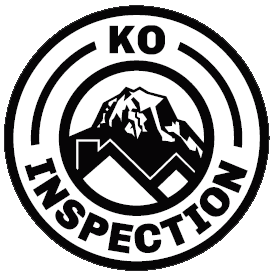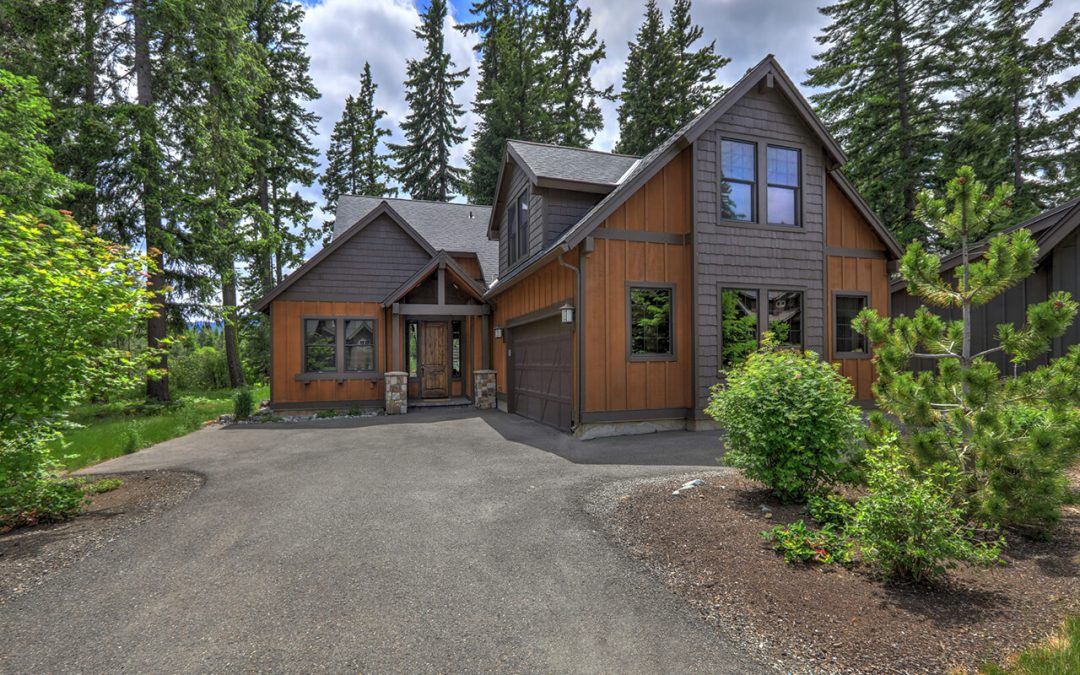If your siding is nearing the end of its lifespan, do your research before replacing it. Here is an overview of 5 different types of home siding materials that you can choose from.
Vinyl Siding One of the Most Common Home Siding Materials
Vinyl siding is one of the most popular types of siding because of its affordability. It is fairly low-maintenance, only requiring an occasional pressure washing to keep it looking clean and new.
Vinyl comes in many different colors, so doesn’t need to be painted. It’s also available in different styles like horizontal and vertical panels, shingles, and other designs. Vinyl siding often comes with a 30-40 year warranty.
Fiber Cement
Fiber cement is a newer development in home siding materials made from wood fibers, sand, and cement. This composite material most closely mimics wood siding and can be painted. Some of the benefits of fiber cement are that it is waterproof, insect-resistant, and fireproof. It can last for 50 years or more.
Wood
Wood is a classic home siding material that has been used for centuries. Most types of wood are more costly than vinyl and fiber cement siding. It also takes more work to maintain, because wood is susceptible to insect and moisture damage, and rot.
Stucco is One of the Most Durable Home Siding Materials
Like fiber cement, stucco is a combination of materials. It is mixed with cement, lime, sand, and water. Stucco is applied in coats and provides a seamless finish. For the high price tag, you get durability, fire-resistance, and low maintenance.
Brick Veneer
Brick veneer siding is not the same as a brick house. It is a layer of a brick facade that is installed over a wooden frame and walls. By adding a brick veneer, you can get the aesthetic appeal of a brick house without having to rebuild the structure.
Brick veneer is a better insulator than solid brick and costs three times less. It isn’t as durable as solid brick construction but it’s lifespan rivals those of fiber cement and stucco.
KO Inspection provides home inspections to Greater Seattle. Contact us to have your home inspected.

